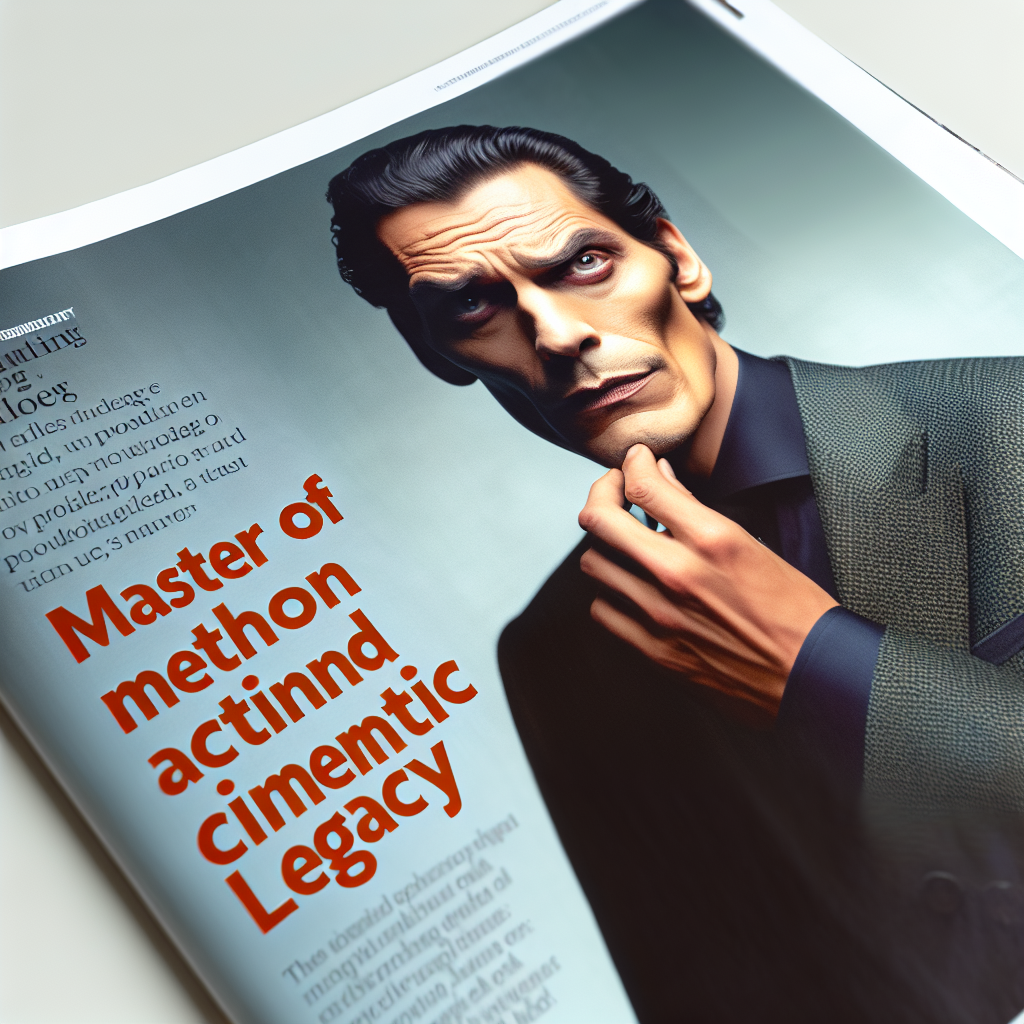
Daniel Day-Lewis, widely regarded as one of the greatest actors of his generation, has captivated audiences with his intense method acting and transformative performances. This article delves into his early life, breakthrough roles, and lasting legacy in cinema. From his acclaimed portrayals in films like My Left Foot to his multiple Academy Awards, we explore the depth of his craft and the personal dedication that defined his career.
Early Life and Formative Years
Born on April 29, 1957, in Kensington, London, Daniel Michael Blake Day-Lewis grew up in a family steeped in artistic heritage. His father, Cecil Day-Lewis, was a renowned poet and Poet Laureate, while his mother, actress Jill Balcon, came from a lineage that included Sir Michael Balcon, a pivotal figure in British cinema. This environment nurtured his early interests, but Day-Lewis’s childhood was marked by challenges. As a child of Jewish and Anglo-Irish descent, he faced bullying at school for being perceived as “posh” and different, which prompted him to adopt local accents and mannerisms—his first foray into character immersion. Sent to the independent Sevenoaks School to curb his rebellious behavior, including petty crimes like shoplifting, he discovered passions for woodworking, fishing, and acting. These experiences shaped his methodical approach to roles, blending personal turmoil with creative outlets. After school, he honed his skills at the National Youth Theatre and the Bristol Old Vic Theatre School, where traditional training met his emerging method acting style, setting the stage for a career defined by profound character studies.
Breakthrough Roles and Method Acting Mastery
Building on his theatrical foundations, Day-Lewis transitioned seamlessly into film, earning early acclaim for roles that showcased his versatility. His breakthrough came in 1985 with My Beautiful Laundrette and A Room with a View, where he portrayed complex characters navigating social and cultural divides. This period highlighted his commitment to method acting; for instance, in The Unbearable Lightness of Being (1988), he immersed himself deeply in the role of a Czech surgeon, drawing from extensive research. His first Academy Award arrived with My Left Foot (1989), playing Christy Brown, a man with cerebral palsy, for which he famously stayed in character throughout filming, learning to paint with his feet. This dedication continued in films like The Last of the Mohicans (1992) and There Will Be Blood (2007), where he embodied an oil tycoon with such intensity that it earned him another Oscar. Day-Lewis’s approach often involved physical transformations and isolation, as seen in Lincoln (2012), where he studied historical texts and adopted the president’s voice meticulously, blending historical accuracy with emotional depth to create unforgettable performances.
Legacy, Retirement, and Enduring Impact
Day-Lewis’s legacy extends beyond his three Best Actor Oscars and other accolades, influencing a generation of performers through his selective filmography and profound interpretations. Films like Gangs of New York (2002) and Phantom Thread (2017) demonstrated his ability to evolve, tackling themes of power, obsession, and human frailty. His retirements—in 1997 to apprentice as a shoemaker in Italy, and again in 2017 after Phantom Thread—reflect a life prioritizing artistic integrity over fame, rarely granting interviews to protect his privacy. This selective path ensured each role was a masterpiece, cementing his status as a cinematic icon whose method acting pushed boundaries, inspiring actors to delve deeper into their craft and audiences to appreciate nuanced storytelling.
In summary, Daniel Day-Lewis’s journey from a tumultuous youth to an unparalleled acting force reveals a man of extraordinary dedication and talent. His method acting revolutionized performances, earning him timeless acclaim. As he steps away from the spotlight, his body of work continues to inspire, reminding us of cinema’s power to transform and transcend. For aspiring artists, Day-Lewis exemplifies the rewards of unwavering commitment to one’s craft.